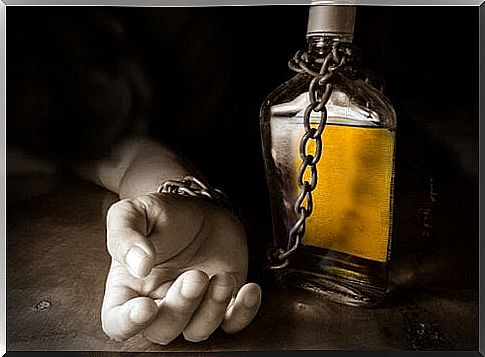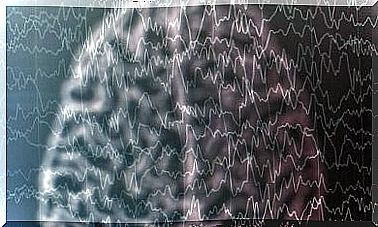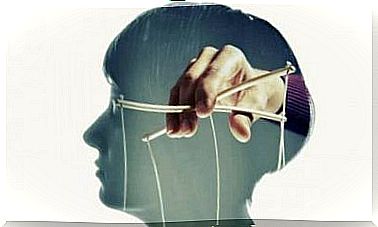The Fine Line Between Habit And Alcoholism

Today you left the office, like every Friday afternoon. You have a date with some friends for a drink. It is your tradition and almost the only way to see you at all. This afternoon is different, however. One of your friends has news that should surprise you: he has been diagnosed with alcoholism. And those Friday afternoon meetings are part of the problem.
This bomb shocks your friends and you. You all think this is probably a joke. However, it is not. It is a real problem and, unfortunately, a very common one. It is also very difficult to understand. It’s hard to understand because you drink too. After all, you also go to these meetings with your friends, you have the habit of ordering a beer too. Even so, you do not suffer from alcoholism. You are not an alcoholic. Or at least you think so …

Habit Or Alcoholism?
In diagnostic guidelines, alcohol dependence is defined as “a range of behavioral and physical symptoms, including tolerance and an intense desire to drink, as well as withdrawal symptoms”.
The guidelines put a special focus on the recurring, frequent consumption of alcohol, which is an essential part of the diagnosis. But can’t this recurring use simply be viewed as a habit? Let’s look at the definition of the word “habit”: “a situation of addiction to certain substances”.
So is habit itself that leads to addiction? The answer is no. Addiction, in this case to alcohol, is a disease that develops due to a variety of factors. These factors include psychological, social and biological aspects. It starts with a simple habit and eventually turns into an abuse. This abuse in turn modifies brain structures and the behavior of the person concerned.
That is, it is a multifactorial event that turns a habit into more. It makes drinking with your friends an addiction. And that’s the most dangerous part: there are some factors that you can control and others that are beyond your control. This makes it difficult to predict who will develop an addiction and who will not.

Why do some people develop alcoholism and others not?
So why is it that one of the friends in the group we talked about earlier became an alcoholic and the others didn’t? The factors influencing the development of alcohol addiction can be summarized as follows:
Biological factors
The biological factors that play a role in the development of alcoholism range from genetic predisposition to imbalance between neurotransmitters and the remodeling of brain structures caused by the habit of drinking. These organic changes occur very quickly in people who are appropriately predisposed.
Alcohol addiction occurs more often in families. This fact can at least in part be explained by genetic factors. For example, children of alcoholics are three to four times more likely to become addicted to alcohol. However, social factors should not be neglected here either.
In terms of brain functions and neurotransmitters, dopamine has been shown to play a role in causing addiction. This is because dopamine is associated with pleasure and the so-called reward system, which is located in the ventral tegmental area.

Psychological factors
The attitude that the person has towards alcohol consumption can be very important. If that person in the circle of friends boasts of being the one who can drink the most, then he or she is probably drinking much more regularly than the others. She probably thinks that would get her recognition. Your sense of control and the need for social approval are very important in this regard.
In addition to putting their own health at risk with their harmful habits, they sometimes lose control and develop an addiction. Your social environment during your youth, in which such behavior occurs most frequently, is very important for such a development. In adolescence , we tend to throw our values overboard for social affirmation.
Social factors
The perception of drinking and the availability of alcohol in society are other important factors. It has been shown that there are higher levels of alcohol dependence in societies where alcohol is more liberal.
All of these things make it clear that the line between the habit and alcoholism is very fine. On that line there are factors that you can control and others that you cannot. So you have to be very careful and should only consume alcohol in moderate amounts. For your health, it is also a good idea not to drink alcohol at all.









